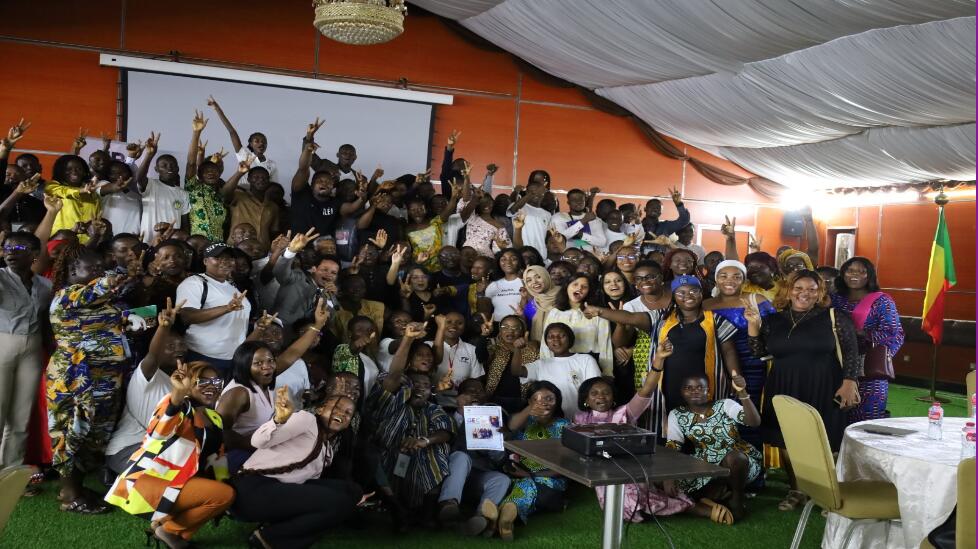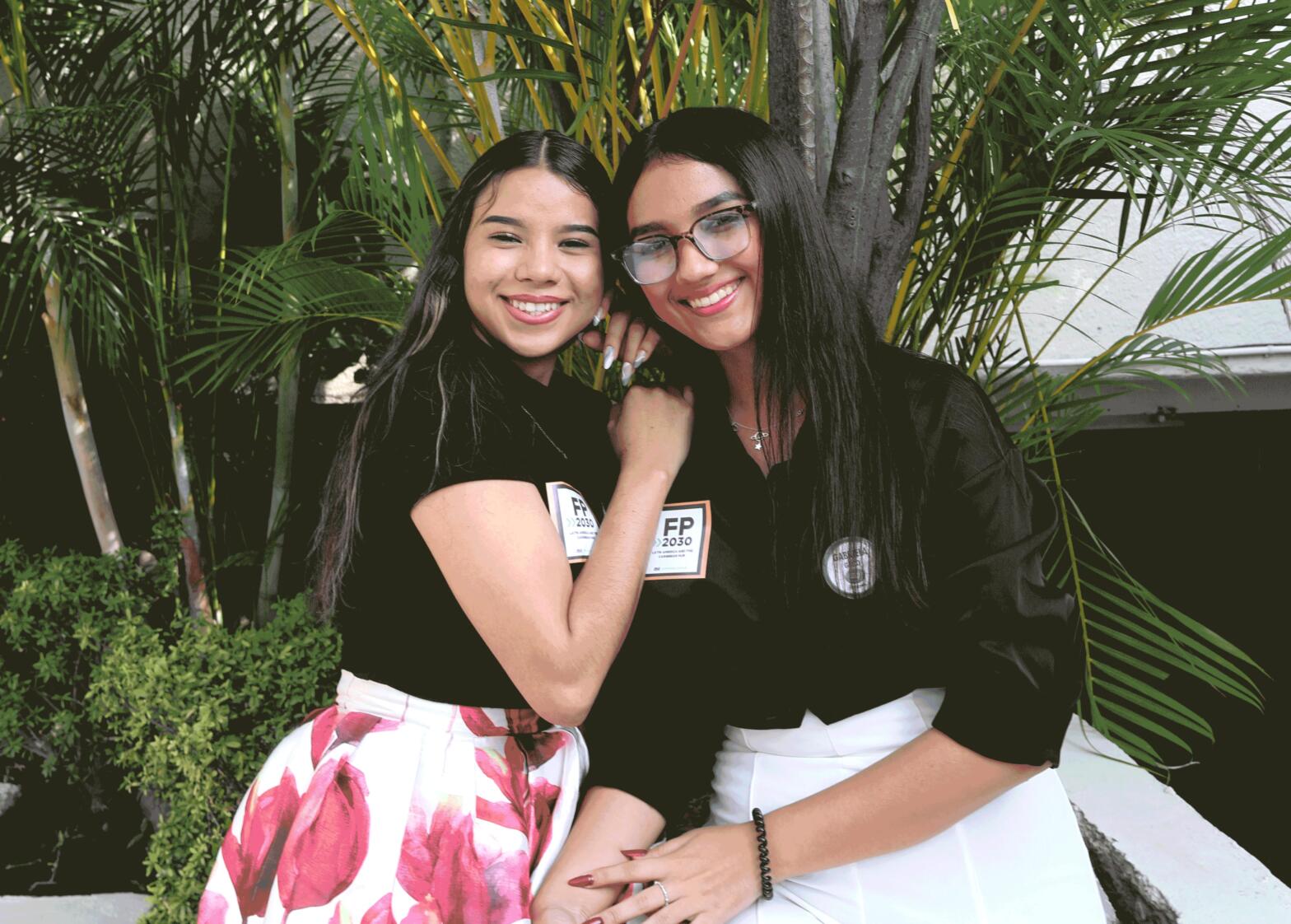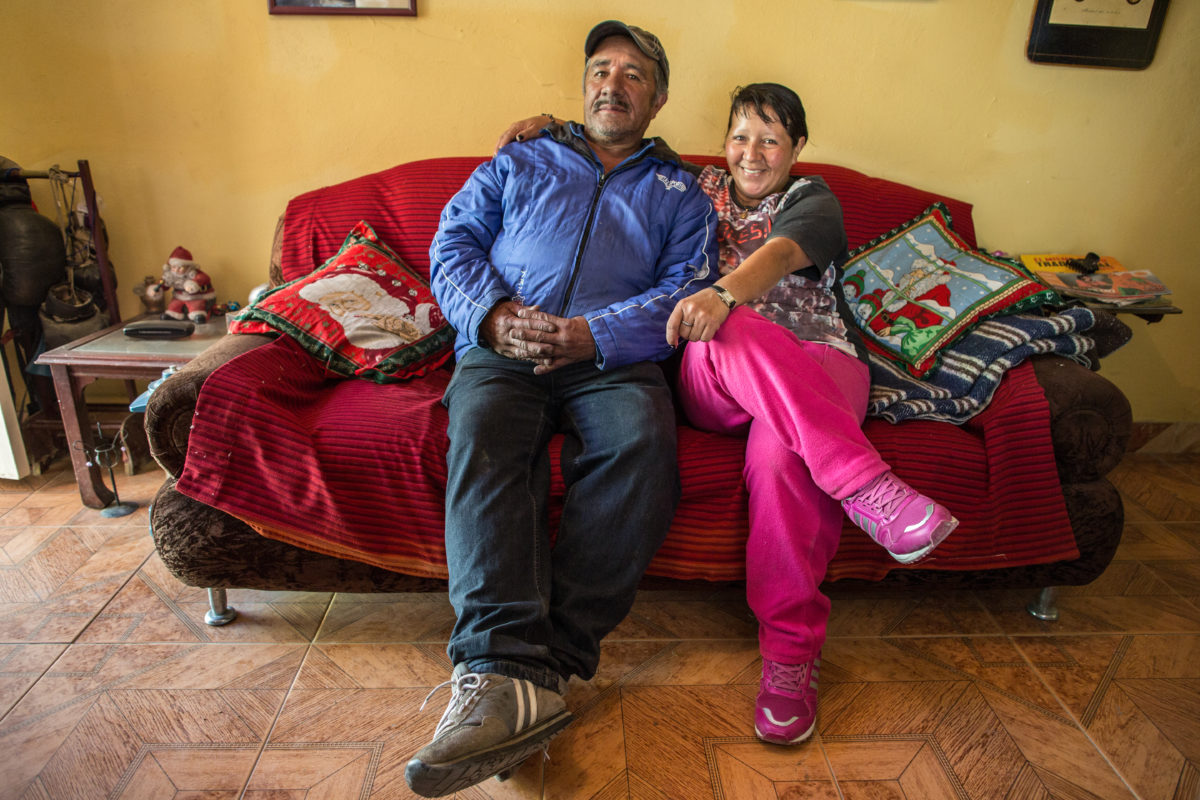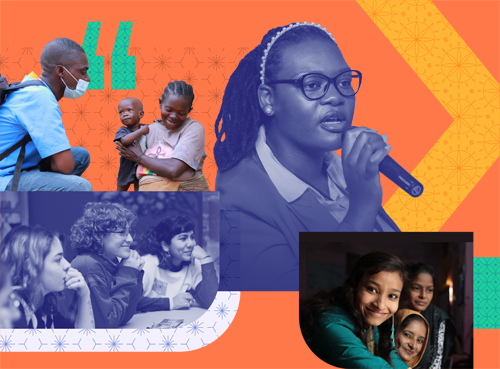In the framework of the V Conference on Population and Development in Latin America and the Caribbean, the global alliance Family Planning 2030 aims to encourage States to sign commitments that attest to their willingness to do more about the agenda of family planning, contraception, and full access to sexual and reproductive rights for the… Continue reading Adolescents from Latin America and the Caribbean Created the Region’s First Virtual Advocacy School
Category: FP2030 Updates
FP2030’s Partnership Fund Arrives in Latin America and the Caribbean: A New Opportunity for Youth Organizations
Earlier this year, FP2030 launched the Partnership Fund, a new funding mechanism designed with young people and other “nontraditional partners” in mind. The Partnership Fund is meant to capitalize on the expertise of local organizations that can use this funding to put their ideas into action in their own communities. The Partnership Fund launched with… Continue reading FP2030’s Partnership Fund Arrives in Latin America and the Caribbean: A New Opportunity for Youth Organizations
Celebrate the start of the FP2030 LAC Hub Advocacy School!
As part of the FP2030 activities in the Latin America and Caribbean (LAC) region, we are pleased to introduce our Advocacy School to strengthen youth participation in the upcoming Regional Conference on Population and Development (CRPD). This event will take place in Cartagena, Colombia, from June 29 to July 5, thanks to the joint initiative… Continue reading Celebrate the start of the FP2030 LAC Hub Advocacy School!
FP2030 LAC Hub Art Contest: My Sexuality: My Pride, My Art
the FP2030 Latin America and Caribbean (LAC) Hub is excited to announce the launch of the first-ever FP2030 LAC Hub art contest! The launch of this contest in the region aims to harness the power of creativity to promote sexual and reproductive health and rights (SRHR). This initiative invites young artists and creators to showcase… Continue reading FP2030 LAC Hub Art Contest: My Sexuality: My Pride, My Art
Interfaith Workshop in Siem Reap Propels Family Planning Forward Through Faith-Based Collaboration
Siem Reap, Cambodia, May 10, 2024 A landmark three-day Interfaith Workshop has successfully concluded in Siem Reap, significantly advancing family planning through faith-based collaboration across the Asia Pacific region. The FP2030 South-to-South Learning Workshop, which took place from May 7th to 9th, 2024, saw the gathering of diverse religious leaders and faith actors, collectively driving… Continue reading Interfaith Workshop in Siem Reap Propels Family Planning Forward Through Faith-Based Collaboration
Adolescent and Youth Strategy Launch ICPD 30 Global Youth Dialogue Conference, Cotonou-Benin
By Justin Ngong, Communication Officer, FP2030 North, West, and Central Africa Hub With very high spirits from the commencement of the Global Youth Dialogue ICPD30 conference in Benin, FP2030 launched its Adolescent and Youth Strategy. The strategy is a document committed to advocating for a global consensus on increasing adolescent and youth access to sexual… Continue reading Adolescent and Youth Strategy Launch ICPD 30 Global Youth Dialogue Conference, Cotonou-Benin
Honduras joins FP2030 partnership
FP2030 is pleased to announce that Honduras has made the first government-led FP2030 commitment from the Latin American region. The government of Honduras joins more than one dozen civil society groups in the region, including several youth-led organizations, as FP2030 commitment makers. We are thrilled to welcome Honduras to the FP2030 partnership. FP2030’s predecessor, FP2020,… Continue reading Honduras joins FP2030 partnership
The Honduras Commitment with FP2030: A Beacon of Hope For Family Planning in the LAC Region
The Latin America and Caribbean (LAC) FP2030 Regional Hub proudly announces a significant milestone: Honduras has emerged as the inaugural signatory country in the Latin American and Caribbean Region. This achievement underscores Honduras’s dedication to advancing family planning initiatives in Central America, marking a pivotal step toward fostering reproductive health, gender equality, and sustainable development… Continue reading The Honduras Commitment with FP2030: A Beacon of Hope For Family Planning in the LAC Region
Announcing the FP2030 Partnership Fund
FP2030 is pleased to announce the FP2030 Partnership Fund: a new funding mechanism to help small organizations, nontraditional partners, and other grantees that might not be served by traditional funding mechanisms, thrive. This fund is designed to provide catalytic subgrants to local organizations through thematic competitive challenges. The first challenge will focus on family planning… Continue reading Announcing the FP2030 Partnership Fund
Don’t miss the FP2030 Partnership Report
The Power of Partnership READ THE REPORT How do you measure the impact of a catalyst? Because that’s what the FP2030 partnership is: a series of catalysts that multiply the efforts of disparate governments, organizations, advocates, and donors to accelerate the progress of family planning. FP2030 commitment makers have a shared vision of a world… Continue reading Don’t miss the FP2030 Partnership Report




